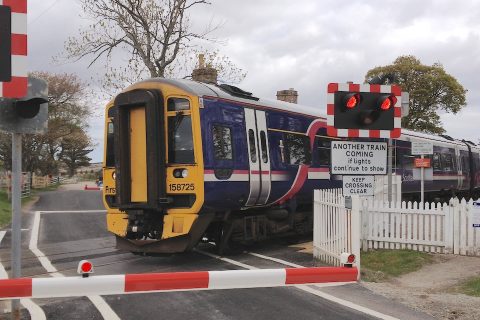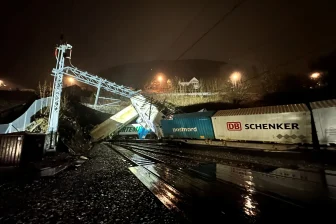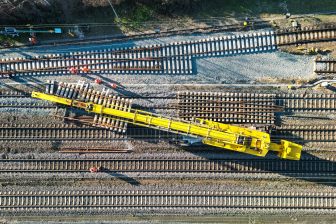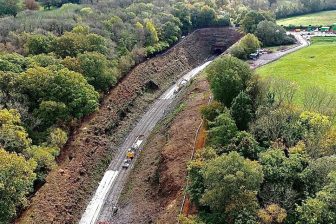
Scotland bears the brunt of new rail dispute
Train at Forsinard in the far north of Scotland (Network Rail) Network Rail
With rail services in the whole of Britain disrupted over the weekend, Scotland now faces a difficult week. Unions called out their members on Monday, after pay talks at ScotRail failed to produce a satisfactory settlement. The union had already called out members in England and Wales on Saturday.
Want to read more?
You have read all of your free premium articles for this month. Please become a subscriber to keep reading.
Subscribe now!
Take advantage of our exclusive offer to get full access to all premium content.



